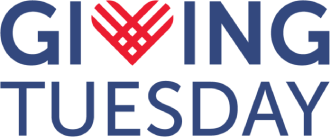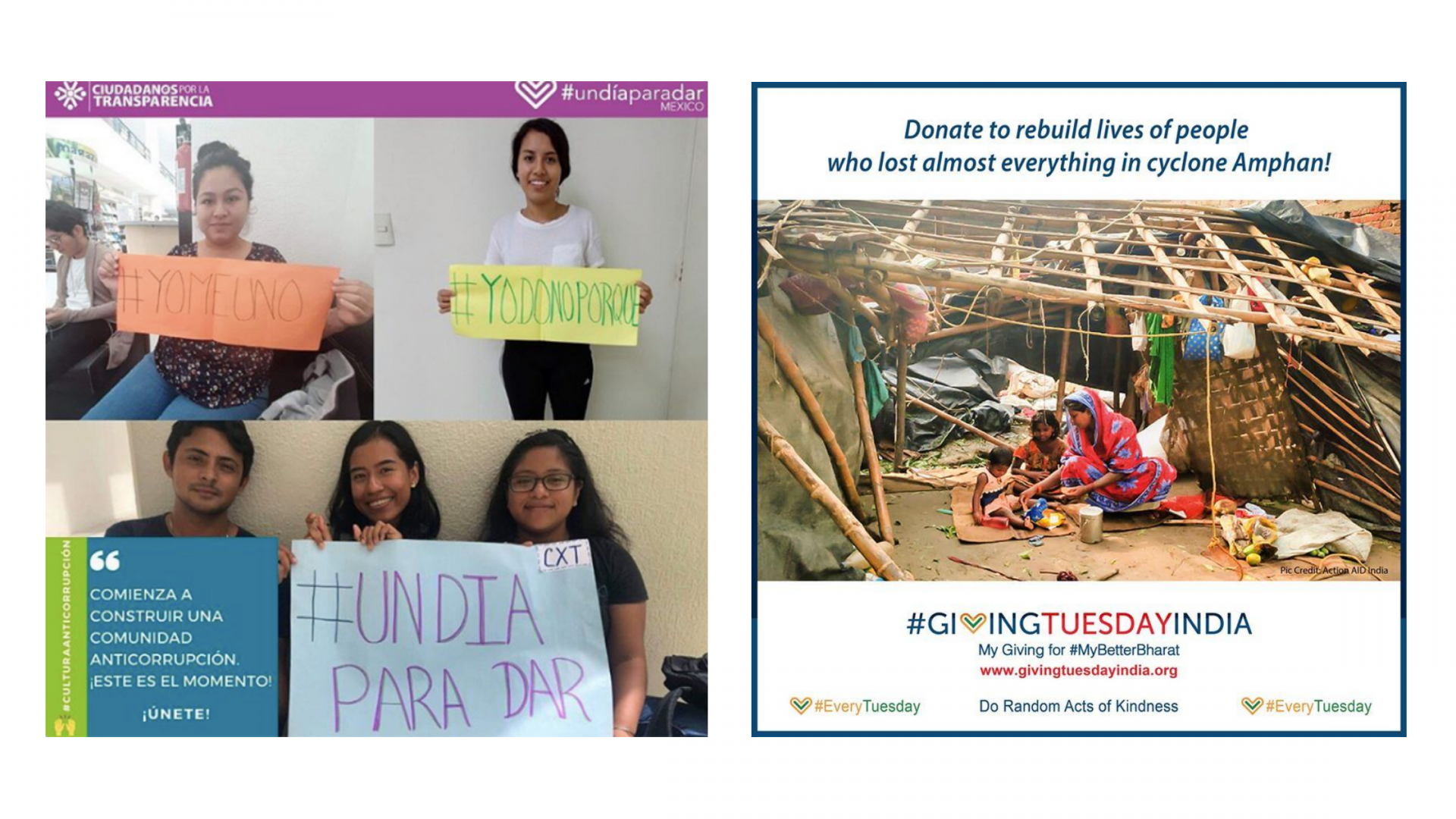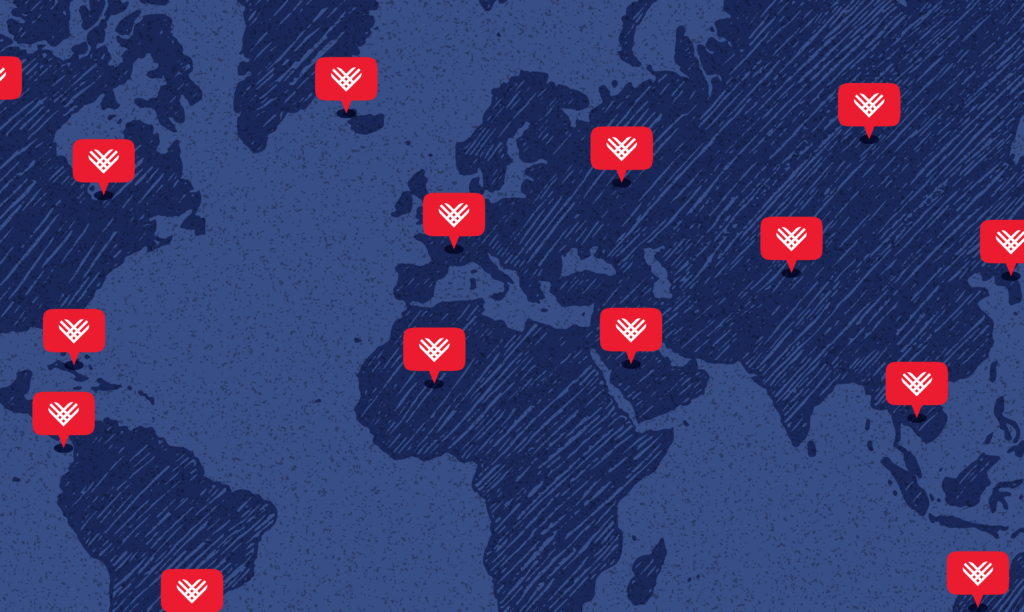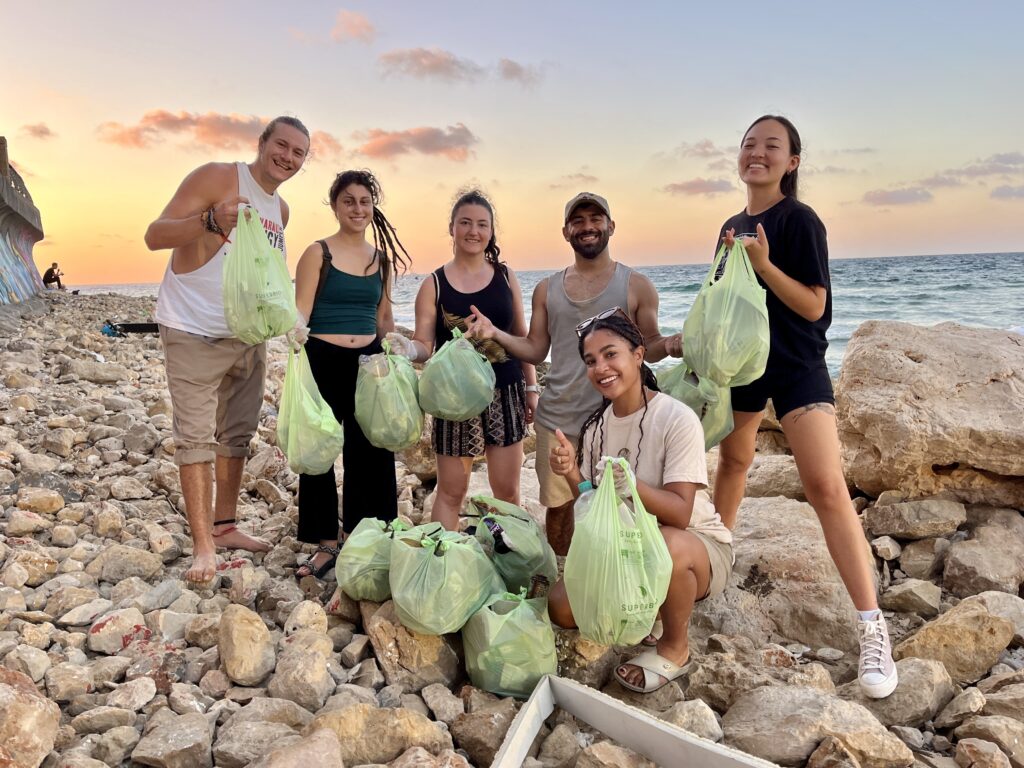By Anita Gallagher, Director, InnovaSocial and #UnDíaParaDarMéxico Leader
In a fast-growing movement that encompasses more than 70 countries, communicating in more than 40 languages, cultural differences could easily become a stumbling block. How can you “unleash generosity” when the word “generosity” is not commonly used in many eastern European nations? How can you encourage giving when “giving” historically and culturally takes on so many different connotations in communities across India, Europe or Latin America?
And yet, GivingTuesday continues to inspire acts of kindness, increased collaboration and campaigns that mobilize millions of people worldwide. Most recently #GivingTuesdayNow—a global day of unity and giving in response to COVID-19—created a wave of social media activity in 145 countries. United by a common vision, hundreds of leaders at national and community level have been empowered by the movement’s philosophy of unbranded openness and flexibility to translate – literally and conceptually – the key aspects of this global movement into their own context and encourage more people to participate in giving back.
One Movement, Many Names
The name of the movement itself is a good place to start. GivingTuesday makes perfect sense in relation to Black Friday and Cyber Monday, but can be difficult to explain in countries where Black Friday doesn’t exist, and may be difficult to pronounce. Pushpa Singh, leader of #GivingTuesdayIndia observes, “For many non-English speakers the name does not roll off their tongue easily nor do they feel any connection with it.” [It is noteworthy that 86% of the world’s population are not native English speakers.]
Moreover, while for many countries using the original English name sends a positive signal of being part of a global movement, it can be a double-edged sword. Using English implies prestige and caché, just as the use of imported words often implies that really the movement is a Western concept for the English-speaking elite.
In response, GivingTuesday’s global leaders and teams use additional methods to explain and describe the moment. In Spain and across Latin America for example, countries which have embraced “GivingTuesday” as a movement often adopt the phrase “UnDíaParaDar” (A day to give) or have elevated this to the official name of the movement. The Indian team works around this by using the tagline “My Giving” for #MyBetterBharat where Bharat is India in Hindi, the mixing of the languages makes it more accessible for those in the region.
Adapting Key Concepts for Local Impact
You would think “giving” would be an easy concept to translate but the literal translation of “giving” in Brazilian Portuguese also alludes to a woman “giving herself sexually to another person”! So while the movement there encourages volunteering, acts of kindness and other forms of giving, the key word in their campaign is “donating”.
Compassion is one of the key words in the Indian GivingTuesday movement, but other leaders feel the word has additional connotations. For example, in Spain the way in which compassion is associated with the Catholic religion is an argument against its use. In a similar way, even words like “generosity”, the key word in US movement, feels old fashioned against the religious backdrop in Spain, implying a power relationship or hierarchy because of the traditional imagery of generous people giving to the poor. Instead, terms such as “cooperation” are used to connote a more equitable relationship between givers and receivers.
Multiple Languages Create Unique Opportunities
Another linguistic dilemma is what to do when multiple languages are spoken in a country. Canada carries out a bilingual campaign in English and French, as do the team in Spain for Spanish and Catalan. In African countries the challenge is greater: for example, South Africa has 11 official languages and so while the leaders there have used English as a lingua franca, they are aware of opportunities to diversify their messaging.
And yet, evidently, in these contexts the challenges go far beyond language, they are also cultural. For example, in South Africa the concept of Ubuntu (I am because you are) is strong and linked to the idea of generosity being inherent to who one is as an African. Therefore, generosity is not something you would celebrate, highlight on social media, or speak about, or even do for just one day, it’s just who you are. GivingTuesday South Africa team member Sne Vilakazi shares her perspective, “Giving is not yet a source of pride for us more than a responsibility, and many of us are still used to receiving and expecting help.”
Language: A Reflection of Mindset and Culture
At the end of the day, language is a reflection of mindset and culture. As far as everything to do with giving is concerned, the prevailing narrative that is embedded globally is the Anglo-Saxon model of philanthropy, because this is where culture of giving is best articulated and reflected upon. In other places, the narratives are less articulated and so is the language. That’s why many so often struggle to translate clear and elegant English into their own languages.
This tapestry of giving behavior and language around the world shows that while we all understand the power of generosity to make the world a better and more just place, there are myriad ways to talk about and encourage giving. GivingTuesday currently embraces the richness of this multi-cultural conversation and – we hope – this approach will encourage more leaders and movement builders around the world to stop unconsciously measuring their work against Anglo-American standards, and to develop their own most effective language and narratives to talk about giving.
This article was inspired by a conversation among GivingTuesday’s network of global leaders. These entrepreneurial changemakers lead the movement in their countries to bring together organizations and individuals to make a difference. Visit https://www.givingtuesday.org/global to learn more and connect with the GivingTuesday movement in your country.






